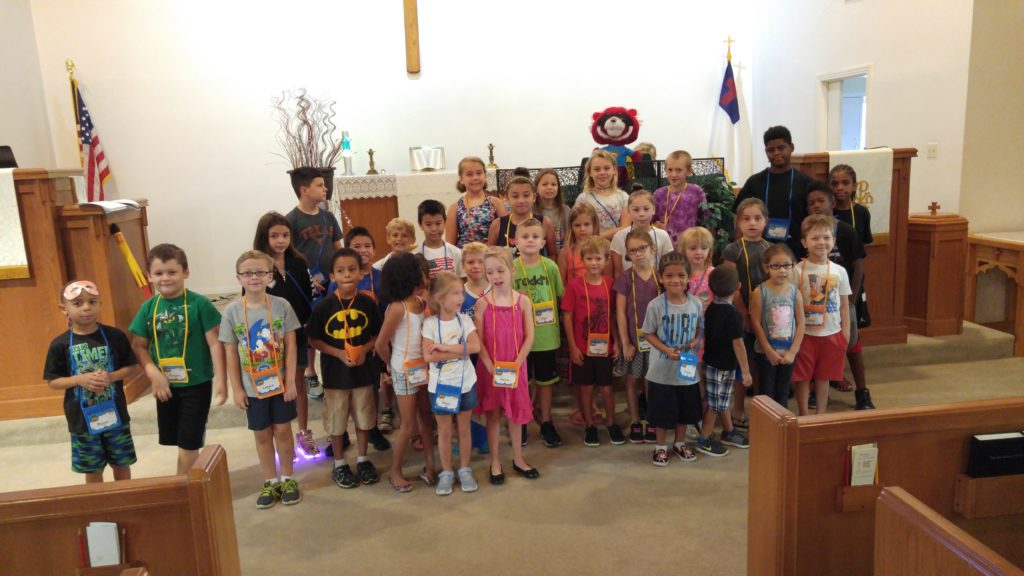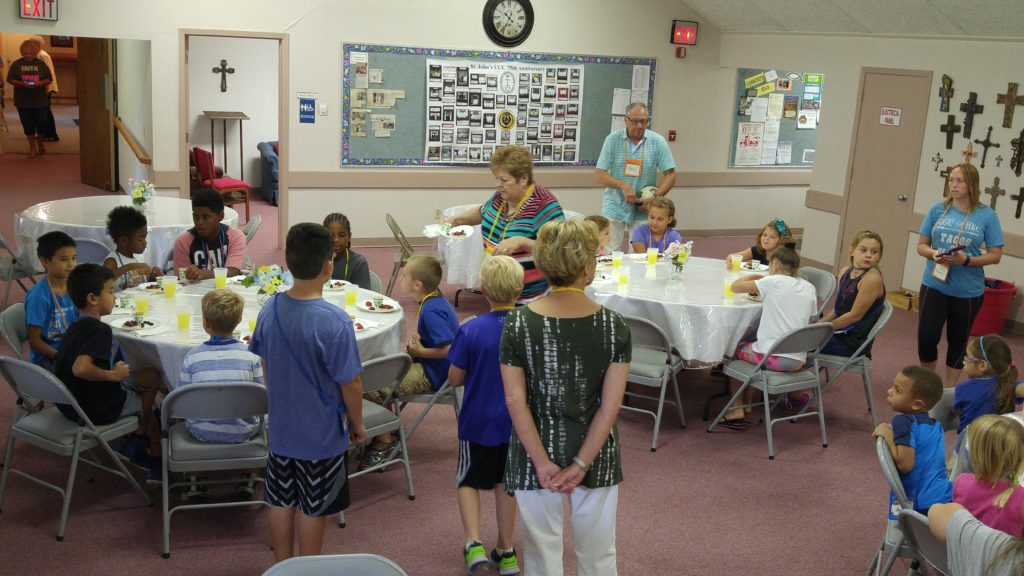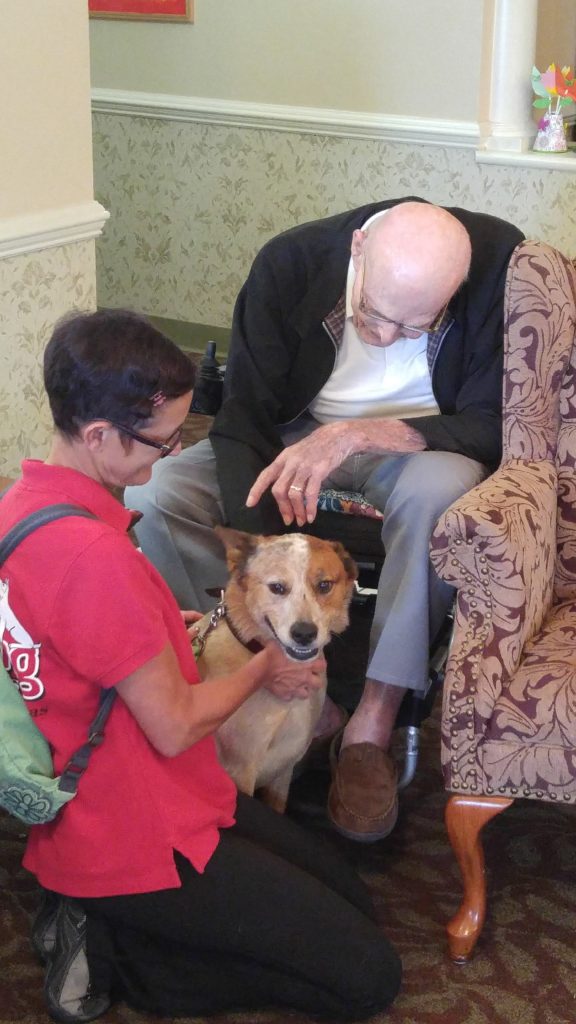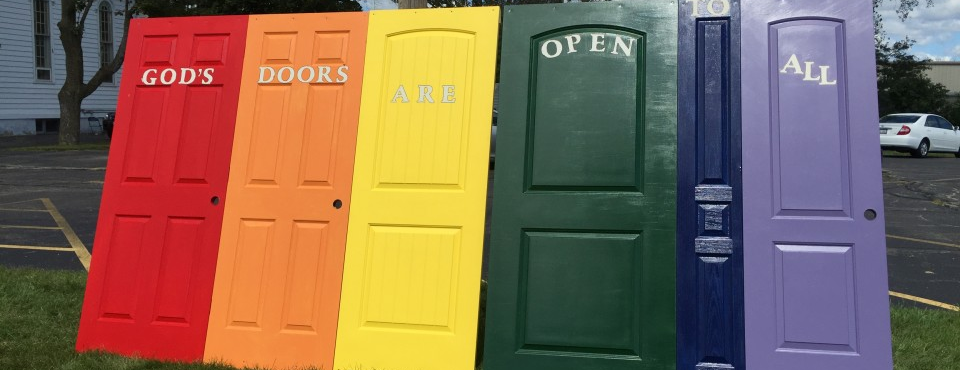
“I’m single-minded in pursuit of you; don’t let me miss the road signs you’ve posted. (Psalm 119:10, The Message)
When you are texting while driving you are 23 times more likely to cause an accident. While some people may be natural multi-taskers, driving requires single-minded focus. That’s why Texas has a new law in place now that bans texting while driving. Sometimes people just need to be reminded to focus.
God has the same problem. Sometimes we miss the road signs God has posted. We get distracted and lose focus. That is true for individuals as they get busy with work and family. The same is also true for the church itself. Sometimes we lose focus. When I browse the websites of the bigger churches in our area I find one thing they have in common. They all have one clear and precise focus. One is all about music. Another is all about changing your life. A third is all about enjoying yourself on Sunday mornings.
What we can learn from that is pretty simple: “Do one thing and do it well!” When you are driving, do just that. When you are focusing on your spiritual life, pay attention to where God is calling you. The church cannot be everything for everybody. Your spiritual life needs a focus. But please remember: There are other drivers sharing the road. They have different goals, they drive different makes, models, and colors. Every journey is different and that is okay. Just make sure that you are intentionally focused in single-minded pursuit of where God is calling you.







 From Rev. Jeremy Albers
From Rev. Jeremy Albers

